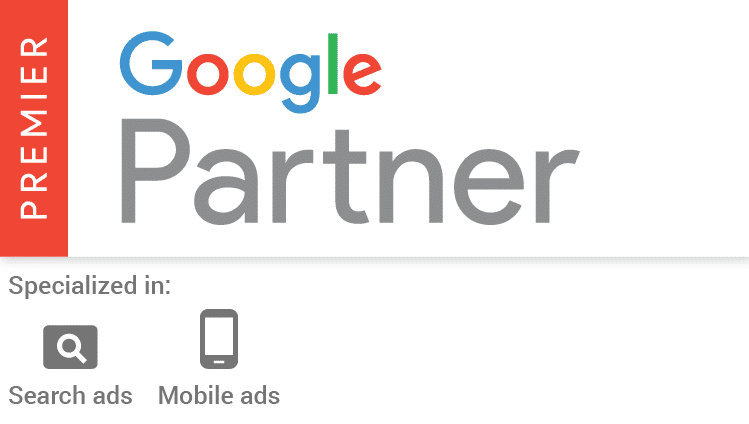Have you heard of Google Penguin? It’s one of their many search algorithms that Google gave an adorable name to lessen the stress that their every change puts on website owners. First released in April 2012 and most recently updated in October 2013, Penguin is an update to organic or natural search results, intended to keep things balanced and fair (or unbalanced and unfair, depending on who you ask).
Casual users assume that Google is just a static system that sorts its results magically. But dedicated Googlers know that their method is always being tweaked. If you’re responsible for your home improvement company’s web site and search results, acquiring this knowledge isn’t optional – you need it to stay competitive.
The good news if you’re maintaining a strong web site, most Google updates should benefit you. Penguin is designed to filter out sites that use sketchy, manipulative ways of looking popular instead of relying on methods that actually make the site useful to customers – quality links and quality content. This “spamdexing” uses methods like garbage links and irrelevant text to attract unsuspecting customers. Rogue SEOs often resort to these tactics to give the appearance that they are helping your home improvement site, when in fact they’re hurting you.
Google doesn’t like it. That’s the sort of trick that Penguin is intended to eliminate. Since I’m guessing most of you rely on quality design rather than shady tactics, Penguin probably helped you. But the fact that Google has a feedback form for people who feel they’re being treated unfairly should tell you that these updates don’t always go according to plan. You need to read up on them and be prepared to make changes should you find your site negatively impacted.
 Otherwise your customers won’t be able to find you. Okay, to be honest, this entry was partially an excuse to post penguin pictures.
Otherwise your customers won’t be able to find you. Okay, to be honest, this entry was partially an excuse to post penguin pictures.Photo Credit: pinguino k
Explaining precisely how Google works would go beyond the scope of this article and also require us to brush up on our high level math, but the basic assumption is that important sites receive lots of links from other sites. That’s why link spamming became a problem, and that’s why Penguin cracked down on it.
But it’s not just the number of links – it’s the quality. If you can get important, respected sites to link to yours, that will go a long way towards boosting your Google ranking, and thus your profit margin. Just make sure to keep an eye out for future updates and adjust your approach accordingly, or you may find all of your hard work unraveled.
 The penguins themselves have no opinion.
The penguins themselves have no opinion.